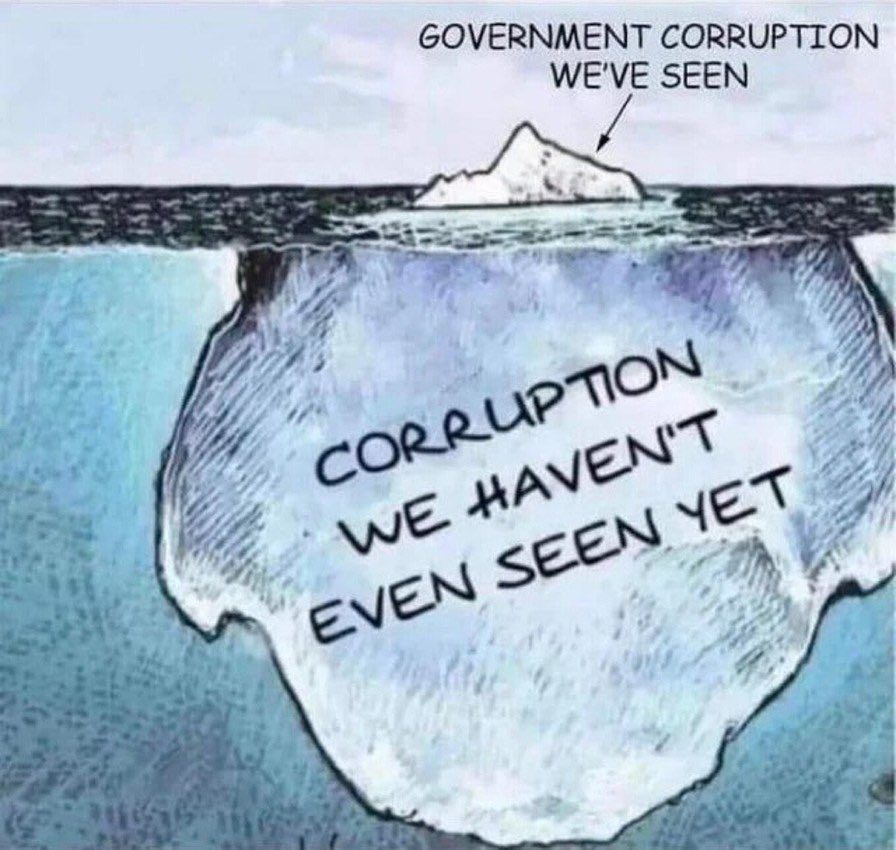A legally and morally questionable financial practice known as de-banking has gained attention from a recent Joe Rogan podcast and subsequent Twitter posts from Elon Musk . This process involves banks closing accounts they consider high-risk, often without explanation or a way to appeal the decision. While banks argue this is necessary to meet compliance requirements, critics contend it is increasingly being used to target individuals and organizations for their political, religious, or ideological beliefs.
This isn’t the first time financial systems have been weaponized. From the post-9/11 era’s expansive Patriot Act powers to the Obama administration’s Operation Choke Point, financial services were withheld from politically disfavored industries like payday lending and firearms. De-banking appears to be the latest evolution of this murky trend. It raises a question. Who decides who deserves access to financial services in America?
What is De-Banking?
De-banking, occurs when financial institutions close customer accounts deemed too risky. The reasons often center on compliance with anti-money laundering (AML) laws, counter-terrorism financing (CTF) regulations, or reputational concerns. However, increasingly, allegations of political and religious discrimination have surfaced, which means the practice is used for nefarious reasons.
Without banking services, individuals and businesses lose access to essentials like online payments, loans, and payroll systems. In today’s digital economy, being de-banked is akin to being locked out of the financial system entirely.
Discrimination Hidden Behind Compliance
High-profile cases in the United States have exposed the potential misuse of de-banking. In 2022, the National Committee for Religious Freedom (NCRF), chaired by former Senator Sam Brownback, had its account suddenly closed by JPMorgan Chase. The bank offered no clear explanation, sparking outrage. Brownback labeled the move as “religious censorship hiding behind the guise of financial risk.”
Other groups with religious affiliations or conservative political stances have reported similar experiences. Family Research Council President Tony Perkins said of de-banking trends, “This is the creeping threat of woke corporatism, where financial services are denied based on ideological alignment.” Such cases present a troubling pattern in which financial institutions act as ideological gatekeepers.
Banks argue that de-banking stems from regulatory obligations. Under laws like the Bank Secrecy Act and the Patriot Act, financial institutions face heavy scrutiny to prevent money laundering and terrorism financing. The potential fines for non-compliance are enormous; for example, Wells Fargo paid $3 billion in 2020 to settle civil and criminal investigations into its risk management practices.
Faced with the cost and complexity of compliance, many banks take a risk-averse approach by closing accounts even at the slightest hint of non-compliance concerns. Critics argue this broad-brush strategy punishes legitimate businesses and individuals, pushing them into the financial shadows.
The human and economic costs of de-banking are severe. For individuals, it means losing access to direct deposit, online payments, and credit. For businesses, de-banking can be catastrophic, disrupting operations and severing access to crucial financial tools. A 2021 study by the Competitive Enterprise Institute highlighted how small businesses, especially in sectors like cryptocurrency, cannabis, and adult entertainment, are disproportionately affected.

One U.S. citizen who faced de-banking described the experience as “being financially erased. Unable to pay bills, run my business, or even open a new account elsewhere because of the stigma.” Advocacy groups liken de-banking to digital blacklisting, where individuals and companies are ostracized without due process.
Awareness of de-banking has spurred calls for reform. In Congress, legislators from both sides of the aisle have condemned the practice as a threat to civil liberties. Bills such as the proposed Protecting Financial Freedom Act seek to prevent financial institutions from discriminating based on political or religious beliefs.
The American Center for Law and Justice (ACLJ) has also called for stronger oversight of financial institutions, arguing that de-banking violates constitutional protections. Jay Sekulow, ACLJ’s chief counsel, said, “Banks should not have the authority to de-platform Americans from the financial system simply because of their views.”
State governments are also taking action. Florida Governor Ron DeSantis proposed legislation in 2023 to ban banks from denying services based on religious or political affiliations. DeSantis framed the issue as a fight for American values, saying, “Big banks should not act as enforcers for a political agenda.”
The debate over de-banking underscores a fundamental tension in American society: balancing regulatory compliance with civil liberties. Banks are private entities, but they also provide services that are essential to participating in the modern economy. When financial institutions begin policing ideology, they wield unprecedented power over individual freedoms.
The Foundation for Government Accountability warned, “If banks are allowed to deny services based on politics or religion, they become unaccountable overlords controlling access to economic life.” This unchecked power not only erodes public trust in financial institutions but also risks turning them into tools of ideological enforcement.
Fighting Back Against De-Banking
While de-banking presents significant challenges, public and political pressure is pushing back. Greater transparency requirements, oversight of AML practices, and protections for political and religious expression in banking are key to ensuring fairness.
The debate raises a larger question: Should financial institutions have the power to determine who participates in society? As the U.S. grapples with these issues, one thing is clear: banking is not just a private service. It is a public necessity. Protecting Americans from unjust financial exclusion is vital to preserving the freedoms that define the nation.
Author Profile

- Lucy Walker covers finance, health and beauty since 2014. She has been writing for various online publications.
Latest entries
- June 30, 2025NewsWireBank Savings at Risk: The Dark Side of EU’s Savings Standard
- April 25, 2025Global EconomicsWhistleblowers Unmask Schwab’s Toxic WEF Secrets
- April 9, 2025Global EconomicsTariff Tensions Drive Market Volatility
- March 18, 2025Global EconomicsRed in Name Only: Labour’s War on the UK Working Class




